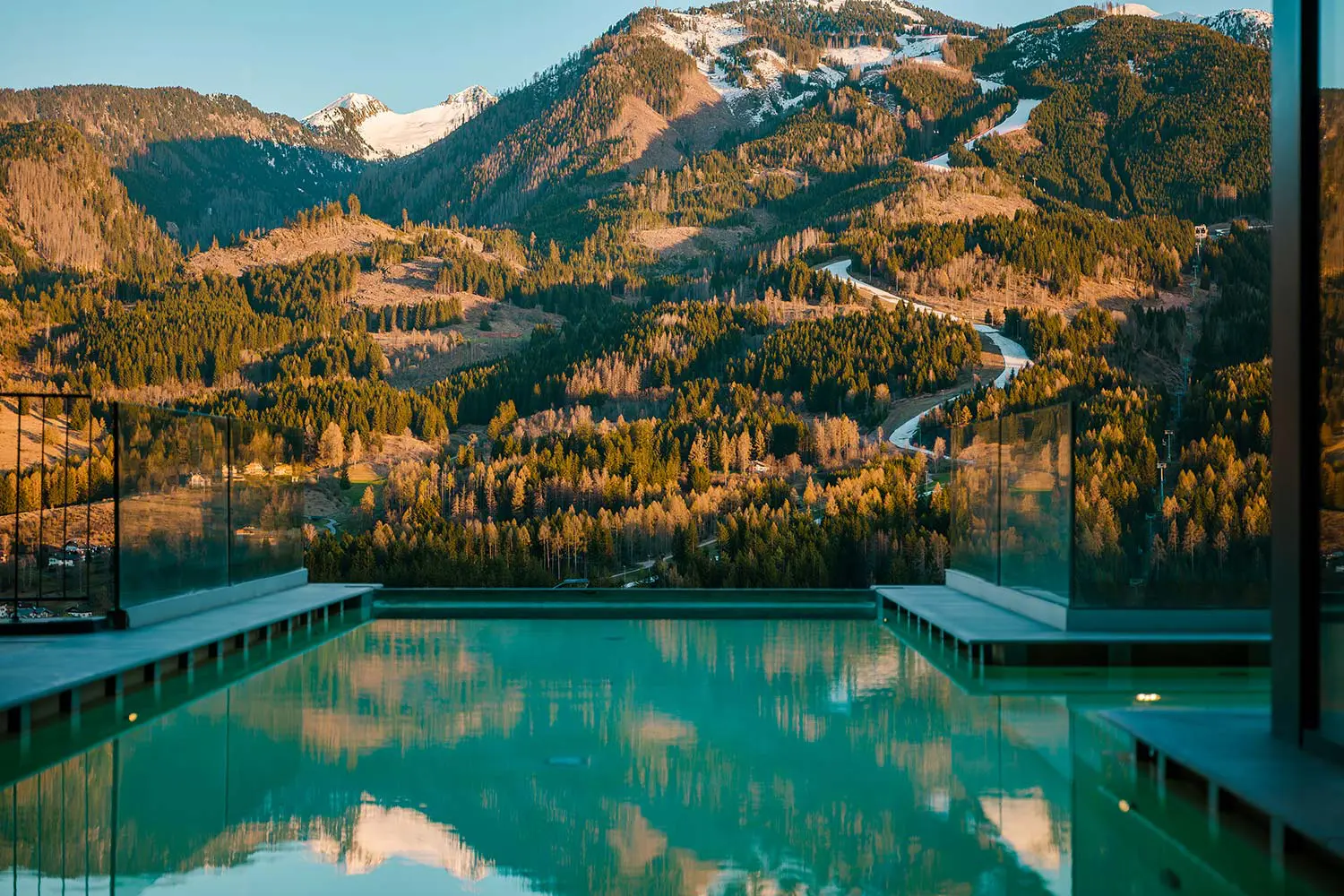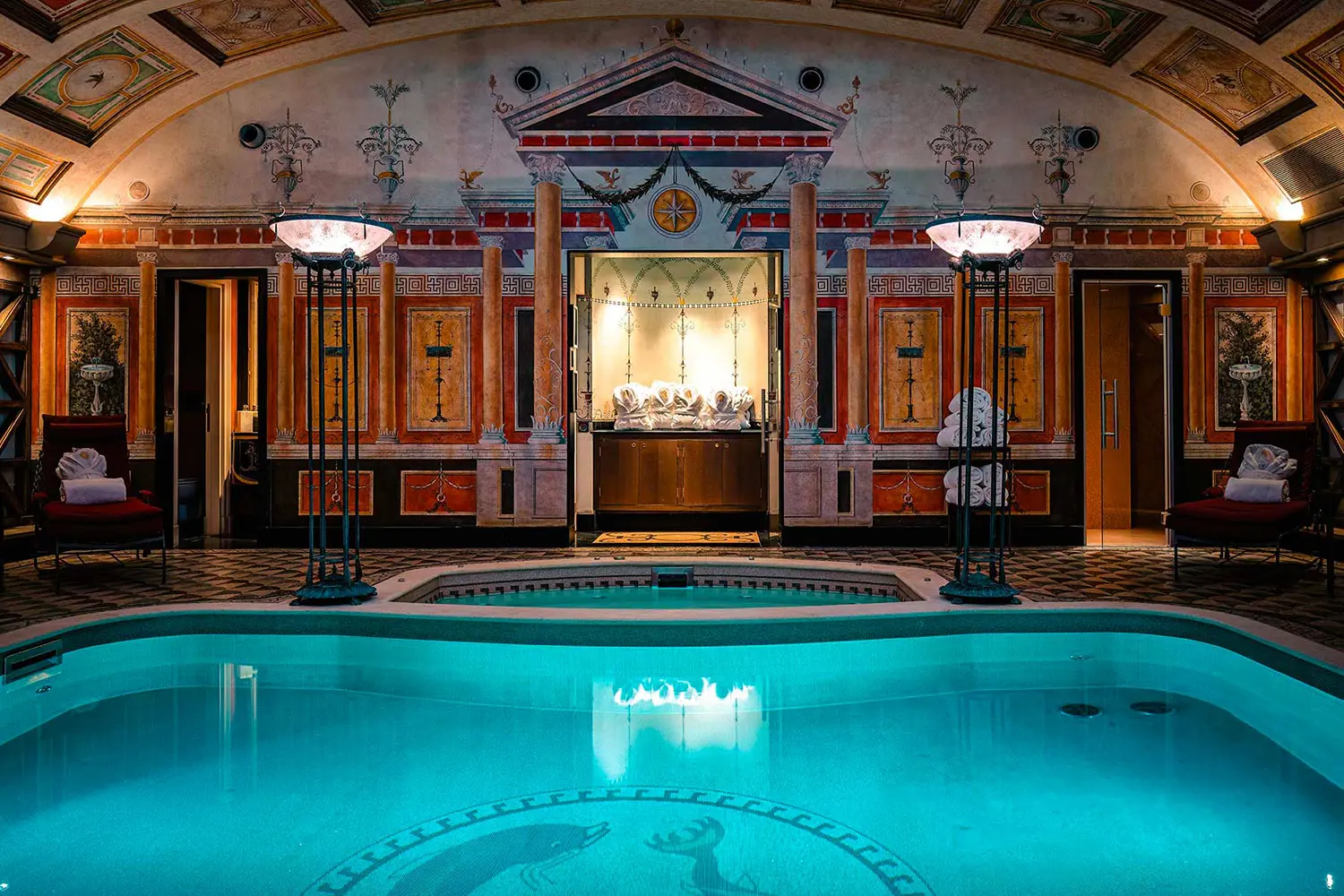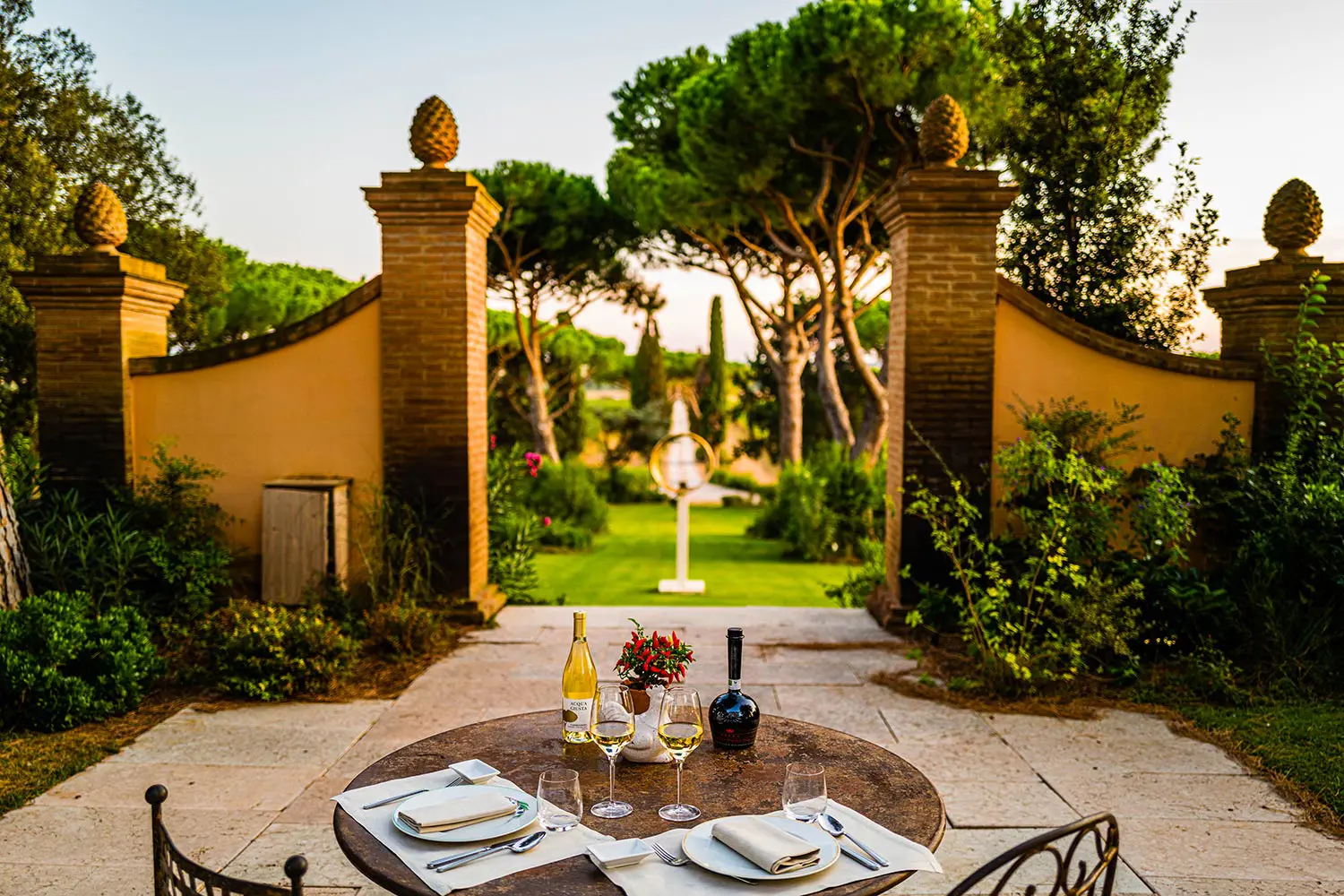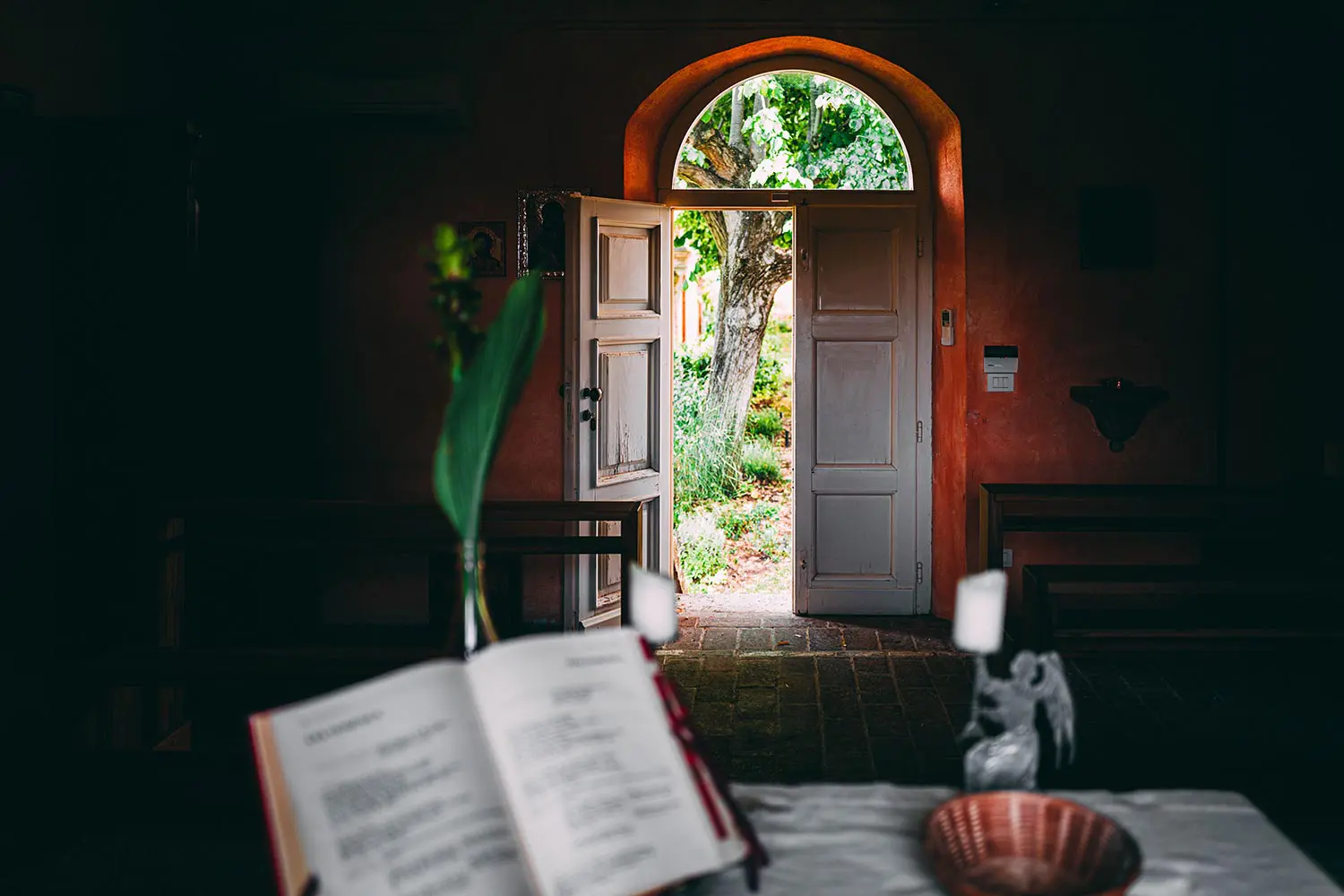In the ever-evolving landscape of luxury travel, mental wellness has emerged as a significant trend, shaping the preferences and choices of discerning travellers across Europe.
Much like a bespoke suit tailored to fit perfectly, mental wellness tourism is customised to meet the unique psychological needs of each guest, enhancing their overall experience and satisfaction. This article explores how incorporating mental wellness into luxury hospitality could transform guest experiences and set new standards in the industry.
The Rise of Mental Wellness in Luxury Hospitality
The modern luxury traveller seeks more than opulence and comfort; they are on a quest for transformation and rejuvenation. As we delve into the nuances of mental wellness tourism, we find a rich tapestry of opportunities that luxury hotels can tap into. For instance, a recent study by the Global Wellness Institute highlights a surge in demand for travel experiences that foster emotional, mental, and spiritual well-being.
Benefits of Integrating Mental Wellness
Integrating mental wellness programmes into luxury hospitality offers manifold benefits. Hotels that have embraced this trend report not only higher guest satisfaction rates but also an increase in repeat bookings. Guests who experience genuine mental rejuvenation are more likely to return and recommend the hotel to others, enhancing the hotel’s reputation and profitability.
Program Features and Offerings
From mindfulness retreats nestled in serene landscapes to bespoke therapy sessions designed to reset the weary mind, luxury hotels are pioneering a variety of mental wellness initiatives. Consider, for example, the case of many hotels in Switzerland, which offers a ‘Digital Detox’ package where guests surrender their electronic devices upon check-in, immersing themselves in nature and mindfulness activities guided by world-renowned wellness experts.
Marketing Strategies for Mental Wellness
Marketing mental wellness effectively requires a nuanced approach that highlights the unique and authentic experiences on offer. Luxury hotels have leveraged their picturesque seaside settings to market ‘Sunrise Yoga Sessions’ through vivid storytelling and stunning visuals on platforms like Instagram, capturing the imagination of potential guests and enticing them to experience tranquillity firsthand.
Challenges and Considerations
While the benefits are plentiful, integrating mental wellness into luxury hospitality is not without its challenges. Privacy concerns and the potential for misrepresentation are significant hurdles. Hotels must navigate these challenges delicately, ensuring that marketing efforts reflect the true nature of the services offered and that guest privacy is respected at all times.
Future Outlook and Trends for 2025 and Beyond
Looking towards 2025, we anticipate that mental wellness will become an integral component of luxury hospitality. Innovations in technology, such as the integration of augmented reality into wellness programmes, are expected to further personalise and enhance the guest experience. As we chart this unexplored territory, luxury hotels that are early adopters of these trends will likely set the benchmark for the industry.
Conclusion
As the luxury hospitality sector continues to evolve, integrating mental wellness into its core offerings represents a substantial opportunity to redefine luxury travel. By focusing on the mental and emotional well-being of their guests, luxury hotels can distinguish themselves in a competitive market and offer truly transformative experiences. The journey towards mental wellness in luxury hospitality is not merely about adding another service; it’s about weaving a new narrative into the very fabric of luxury travel, ensuring every guest’s stay is as rejuvenating for the mind as it is for the body.





